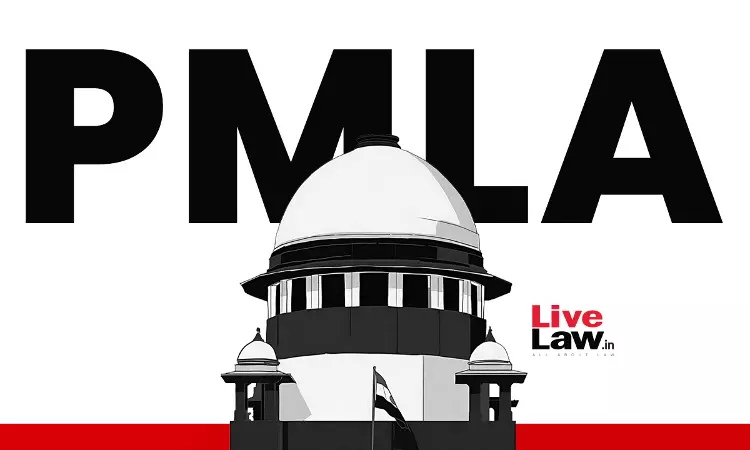ED Officer Must Also Consider Materials Exonerating Accused Before Deciding To Arrest, Can't Pick & Choose: Supreme Court
Debby Jain
12 July 2024 6:00 PM IST

Next Story
12 July 2024 6:00 PM IST
A crucial development in the PMLA jurisprudence took place on Friday (July 12) when while granting interim bail to Delhi Chief Minister Arvind Kejriwal, the Supreme Court held that an officer of the Enforcement Directorate (ED), exercising power of arrest under Section 19(1), Prevention of Money Laundering Act cannot ignore material which exonerates the arrestee."The legality of the “reasons...
